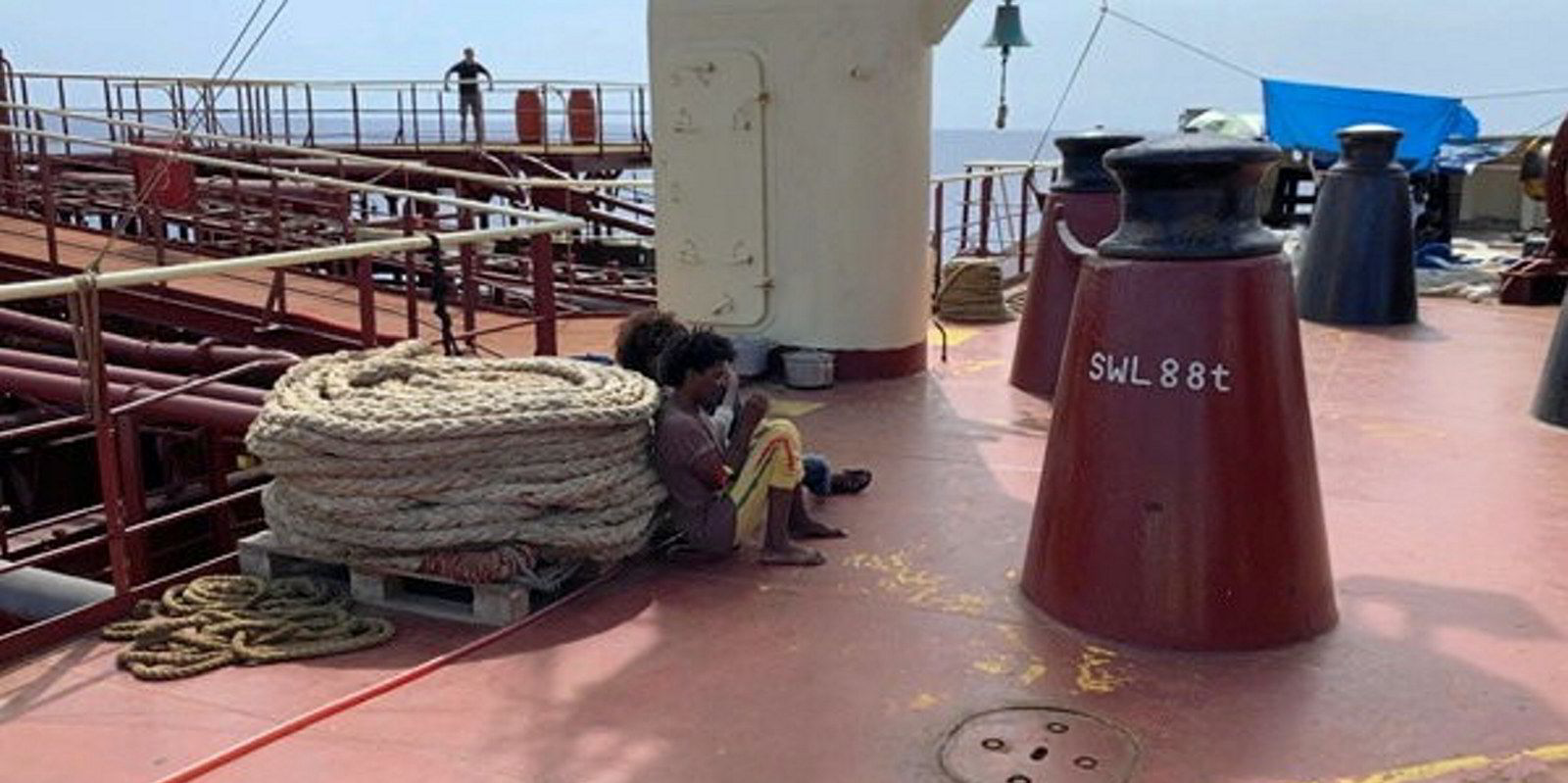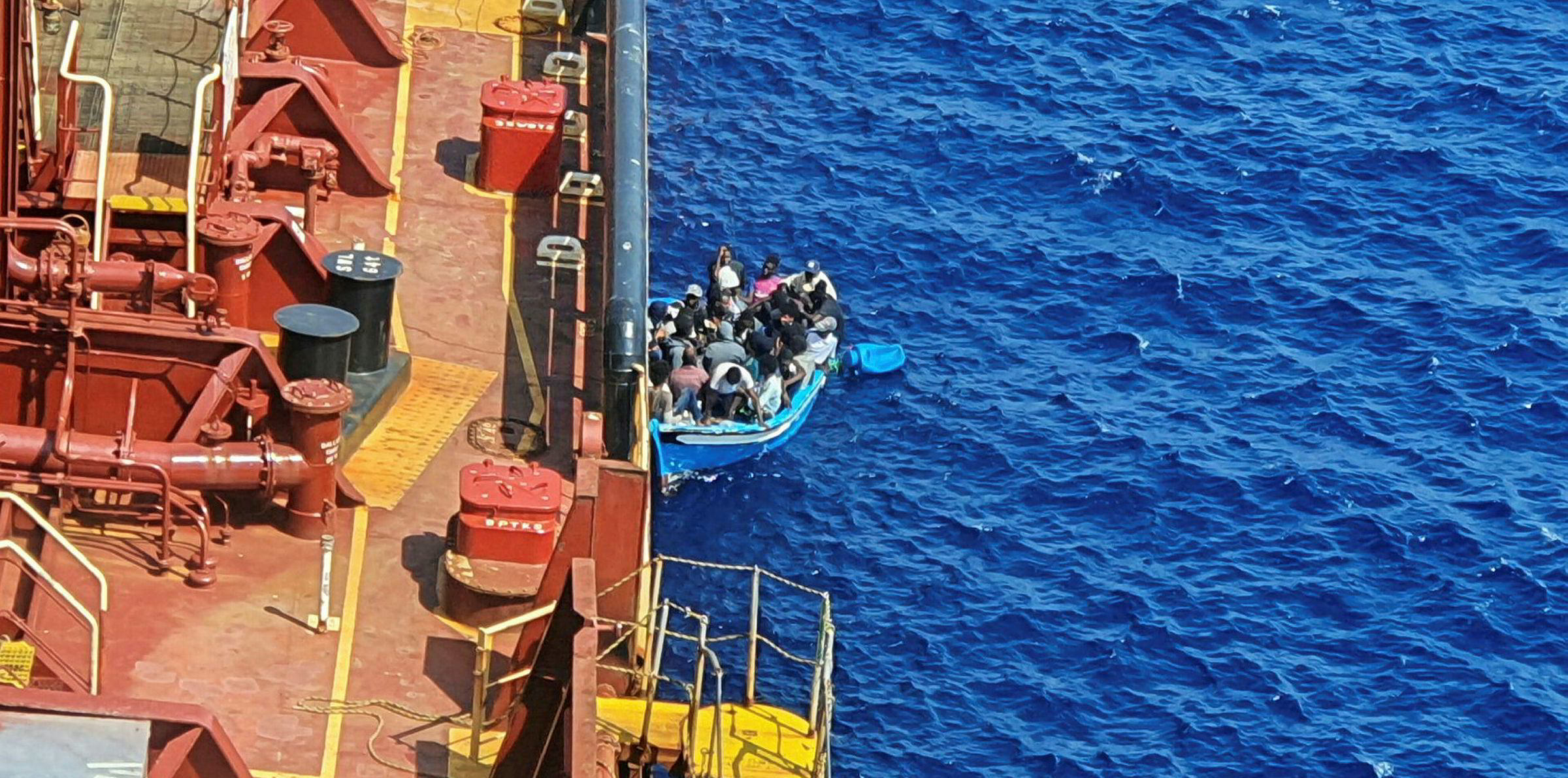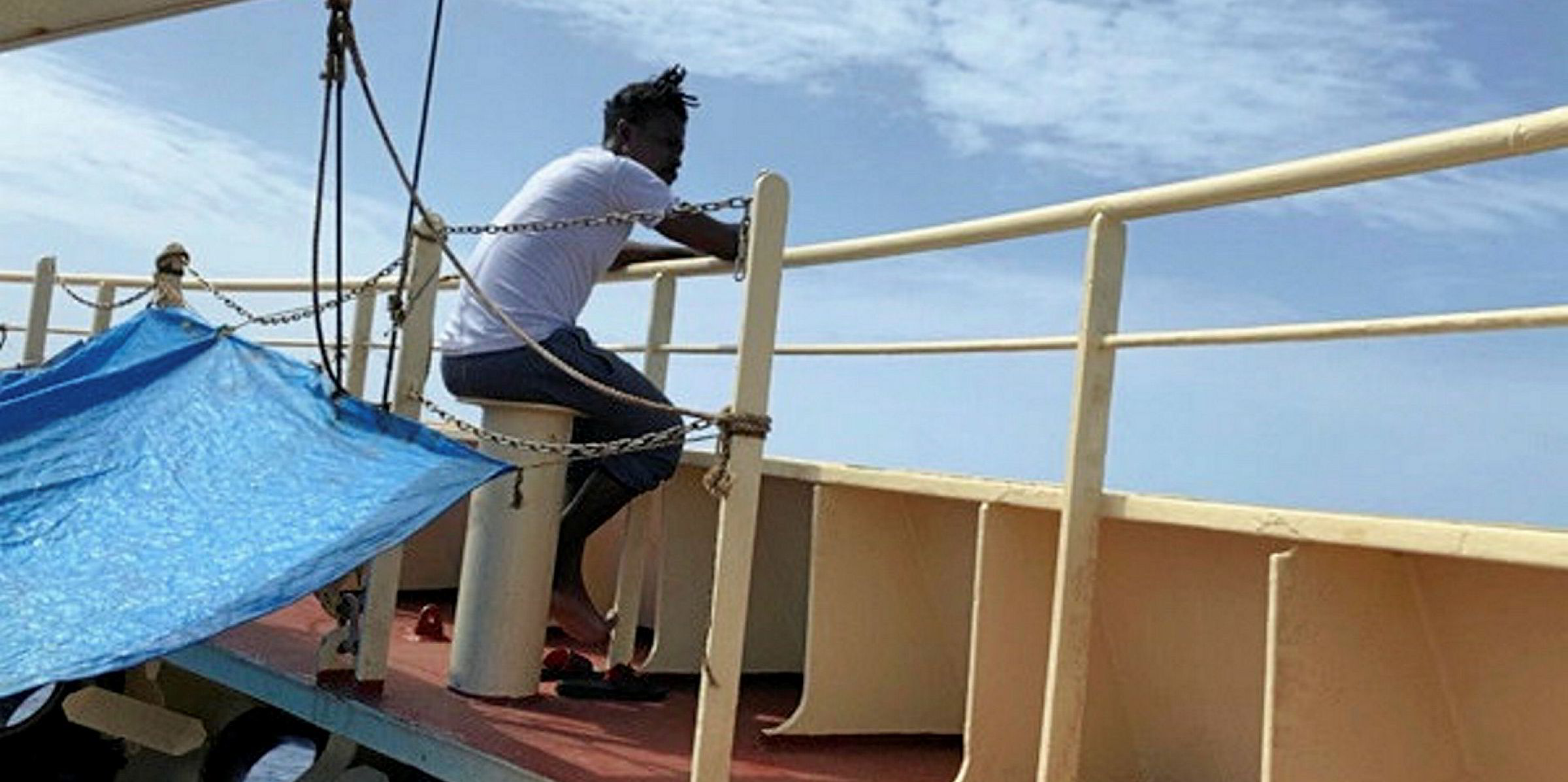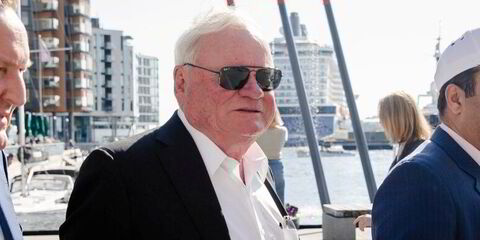Keonamex Petroleum Nigeria has emerged as the buyer of a Maersk Product Tankers vessel that had been stranded in Malta for 38 days during the Mediterranean migrant crisis.
Equasis and VesselsValue data suggests the Nigerian logistics firm acquired the 36,900-dwt Maersk Etienne (built 2004) in September right after 27 Libyan refugees disembarked.
No information on the sale price is available. VesselsValue estimates the ship was worth $9.4m then.
When contacted, Maersk Product Tankers confirmed the sale but declined to comment on the buyer or price.
“The fleet in Maersk Product Tankers is continually adjusted in size and composition to ensure it remains competitive and meets customers’ demands,” the Danish shipowner said in an email to TradeWinds.
Keonamex Petroleum could not be immediately reached for comment.
Constructed by Jinling Shipyard in China, the vessel has been reflagged from Denmark to Panama. It is renamed Keonamex Victory and listed as the only ship in Keonamex Petroleum’s fleet.
Data from Kpler shows the vessel has been floated off Benin and Nigeria since late October.
The refugees, including a pregnant woman and at least one minor, were on board a ship in Tunisian waters that was adrift and taking on water on 5 August after leaving Libya two days prior.
Unfortunate record
Maersk Tankers, the commercial operator of Maersk Etienne, said the vessel allowed the migrants on board and bought them to Malta at the behest of the island country.
But Malta refused to allow the refugees to disembark. The country told local press that the rescue did not happen in its territorial waters and that the Maersk Etienne was not told to bring it the migrants.
In early September, three migrants jumped overboard before being rescued by the crew.

All the refugees finally disembarked for a vessel run by rescue organisation Mediterranea Saving Humans on 11 September for medical care. Maersk Tankers claimed their detention period of 38 days set a world record for migrants held on board a commercial ship.
The vessel was obliged to save the refugees under the United Nations Convention on the Law of the Sea, and it is not expected to be liable for any cargo claims that may have arisen from the rescue operation.
But legal experts said Maersk Product Tankers must still absorb losses of employment days, as the vessel was not able to move any cargo for 38 days.
“This disembarkation standoff no doubt generated an enormous economic loss, most of which would not be covered by insurance,” according to an article published by the European Journal of International Law.
The article was jointly written by Felicity Attard, a lecturer in the Department of International Law at the University of Malta, and Richard Kilpatrick Jr, assistant professor of business law at the College of Charleston in the US.
Maersk Product Tankers declined to comment on whether there was any financial loss.
The company and Maersk Tankers are controlled by AP Moller Holding.






